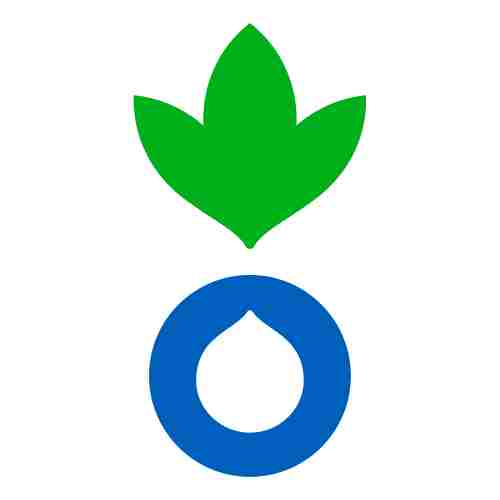The Health and Nutrition Programme Coordinator will deliver strategic leadership and manage all Health and Nutrition programs, ensuring cohesive, high-impact interventions. This role will guide the complete project cycle from needs assessment through implementation and reporting, while promoting stakeholder collaboration, MEAL integration, and team empowerment in alignment with Islamic Relief’s mission.
KEY WORKING RELATIONSHIPS:
Internal: Country Director, HOP, Provincial Managers, Program development, MEAL, Finance, HR, SC.
External: Donors, Line ministries, Cluster, UN agencies, INGOs, community leaders.
Duties & Responsibilities:
1. Strategic Leadership & Program Development
- Lead the design and implementation of multi-sectoral and HEALTH AND NUTRITION programs in line with the needs, IRAF country strategy, and donor priorities.
- Develop HEALTH AND NUTRITION strategies and ensure integration of cross-cutting themes (gender, protection, climate resilience).
- Lead the design and implementation of HEALTH AND NUTRITION programs, including:
- Community-Based Management of Acute Malnutrition (CMAM)
- Maternal, Infant, and Young Child Nutrition (MIYCN)
- Primary Health Care (PHC) and Reproductive Health Services
- Emergency Health Response (e.g., cholera outbreaks, mobile clinics).
- Conduct needs assessments and gap analyses to inform proposals.
- Ensure alignment with Afghanistan’s Essential Package of Health Services (EPHS) and National Nutrition Guidelines
- Develop concept notes, proposals, and budgets for new funding opportunities.
2. Team Leadership & Capacity Building
- Establish participatory management to optimize resources and efficiency.
- Implement mentoring/coaching for staff development and performance improvement.
- Manage annual leave plans to ensure work-life balance and operational continuity.
- Conduct performance reviews with timely feedback and goal alignment.
3. Quality Assurance & Implementation
- Ensure high-quality deliverables for beneficiaries per SPHERE/CHS standards.
- Monitor field activities to address gaps and adapt strategies.
- Conduct regular field visits to ensure program quality and give feedback to the field team to improve health services.
- Regular follow with support functions to ensure on time implementation.
- Develop/Validate tools, SOPs, and training materials to meet humanitarian standards.
- Promote innovation.
4. Stakeholder Coordination & Reporting
- Strengthen coordination with clusters, authorities, donors, and HQ.
- Provide regular updates/data analysis to stakeholders.
- Ensure timely, accurate donor reports (narrative/financial).
5. MEAL & Accountability
- Collaborate with MEAL to track outcomes, conduct evaluations, and adapt programs based on data.
- Empower community participation in monitoring and feedback mechanisms.
- Document success stories and lessons learned for organizational learning.
- Use data for decision-making and program adaptation.
6. Compliance & Safeguarding
- Uphold Islamic Relief’s policies (Safeguarding, Code of Conduct).
- Mitigate risks (e.g., drug diversion, patient confidentiality breaches).


